What Is a Range in a Kitchen? 7 Types to Consider
Learn exactly what a range in a kitchen suits your home design and cooking style


Whether you are remodeling your kitchen or shopping for new appliances, there are many styles of ranges, ovens, and cooktops to choose from. But what is a range in a kitchen, and how does it differ from other available options?
Our guide explains the various types and styles of kitchen ranges so you can decide which is best for your home. Plus, we review things you need to consider before purchasing a kitchen range.
What Is a Kitchen Range?
A range in a kitchen is a combination of a cooktop and oven. This appliance features multiple burners on the top and an oven—all in one appliance. Many describe a stove and a range as the same thing. However, a range is known to be specifically for cooking purposes while a stove is also known as a home heating appliance, such as a wood stove.
Kitchen ranges come in a variety of sizes, styles, and energy types. Sizes typically run about 30 inches wide, but professional ranges can reach up to 60 inches wide. You can also find them as space-efficient models as small as 20 inches wide. If you're considering a kitchen remodel, then you can hire a kitchen remodel expert near you to help you decide which range is best for you while creating the kitchen of your dreams.
Kitchen Ranges vs. Cooktops
Unlike kitchen ranges that feature an oven, cooktops are only the burner portion of the stove. Cooktops are installed onto counters and are usually paired with a wall oven because they do not have an oven beneath them. Although this duo can offer more cooking space, they can also be more expensive. Kitchen ranges are more common in homes because they typically cost less and are easier to install.
Both kitchen ranges and cooktops come in different fuel options, including electric, gas, and induction. Similar to kitchen ranges, the average cooktop size is about 30 inches wide. They come in various sizes that are typically between 15 inches to 36 inches wide. However, commercial-size cooktops can run from 30 inches to 48 inches wide and bigger.
7 Types of Kitchen Ranges
Kitchen ranges come in a variety of styles and fuel types. Here is a breakdown of each so you can decide which is best for your home.
1. Freestanding Range
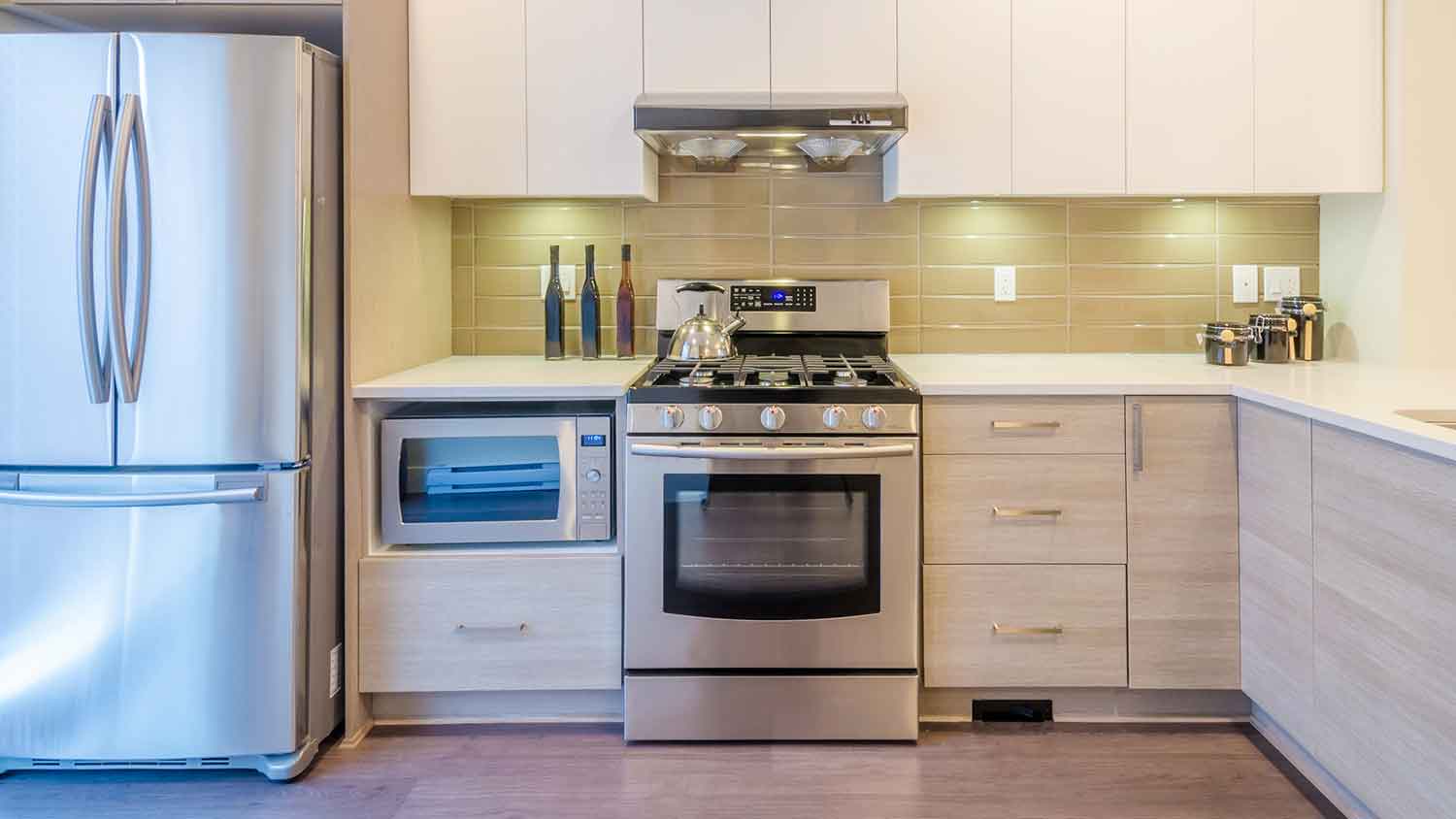
This type of range is one of the most common styles found in modern homes. The sides have a finish so you can put it any place in the kitchen with a hook-up for your fuel type. Or you can install them between cabinets.
Most freestanding ranges have a backguard with the controls located on the front. The backguard also protects the wall from splatters when you are cooking. This range type is also one of the most budget-friendly options and versatile kitchen ranges to install, at $105 to $125.
2. Slide-In Range
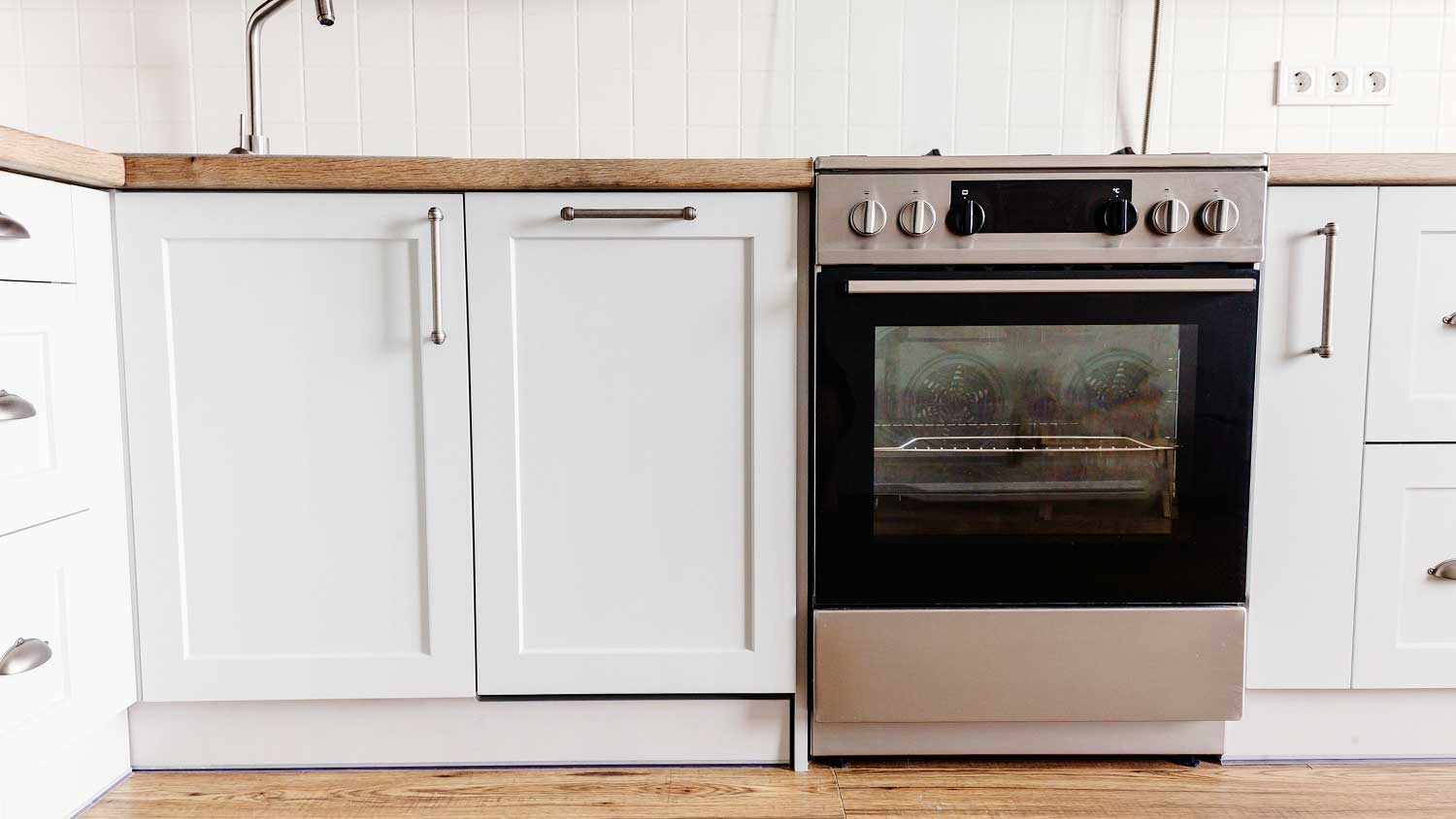
If you prefer a more sleek design, then you may want to consider a slide-in range. This style is installed between cabinets and provides a more modern look. They do not have a backguard like the freestanding range, and the controls are located on the front of the appliance.
This style is usually installed between cabinets because they do not have finished sides. So they aren't as versatile as the freestanding ranges that can act as a stand-alone unit. Yet, they are an optimal choice for kitchens with beautiful backsplash because they don’t have a backguard to cover the wall.
3. Drop-In Range
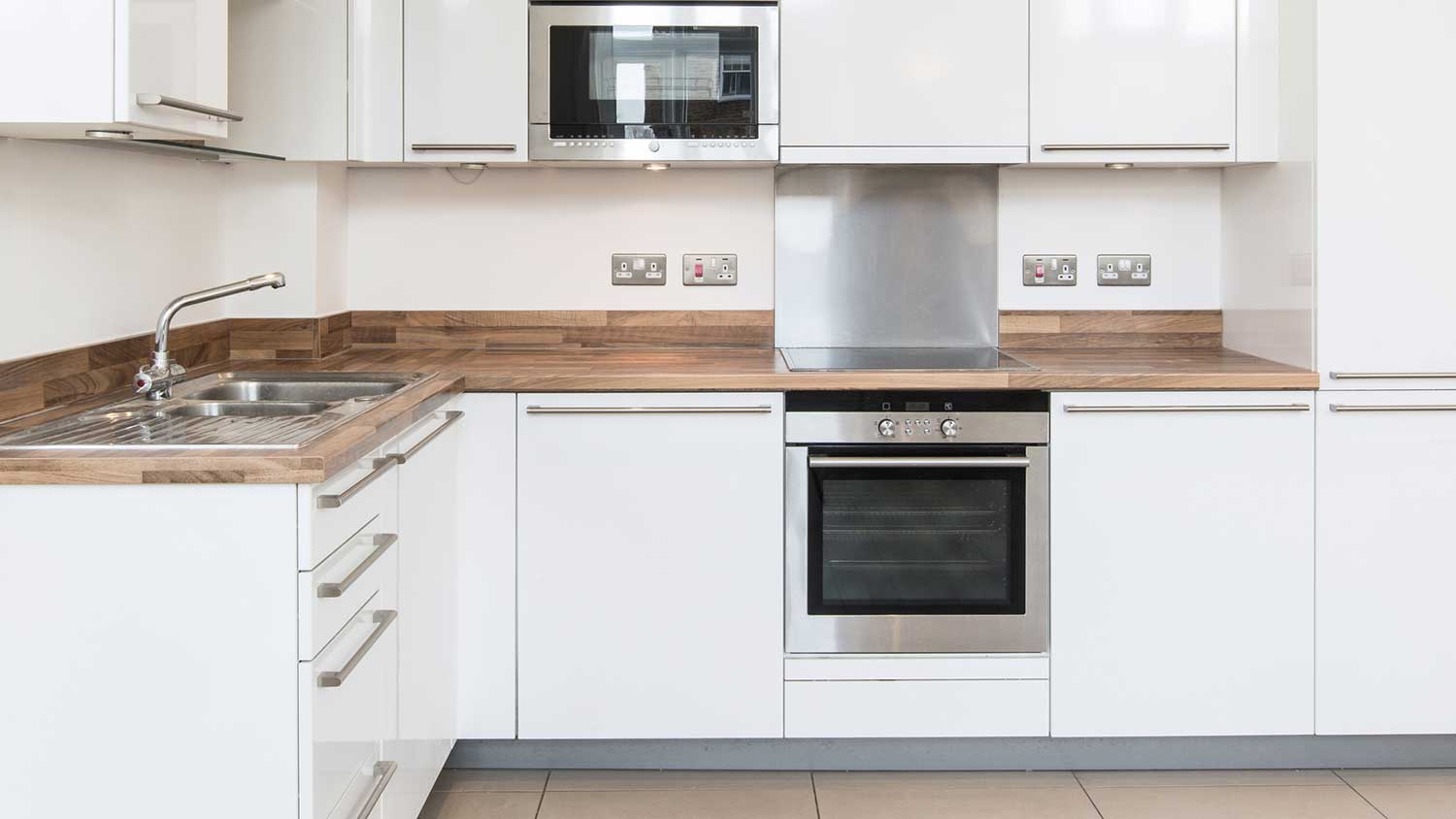
Although a drop-in range has a sleek look similar to the slide-in range, there are some differences to consider before you opt for this style. Drop-in ranges are usually more costly because they require a custom base and cabinetry. Unlike slide-in ranges, they do not feature a bottom drawer beneath the oven.
Since these ranges require customized installation, it may be better to consider them if you are adding a kitchen island or remodeling your kitchen.
4. Electric Kitchen Ranges
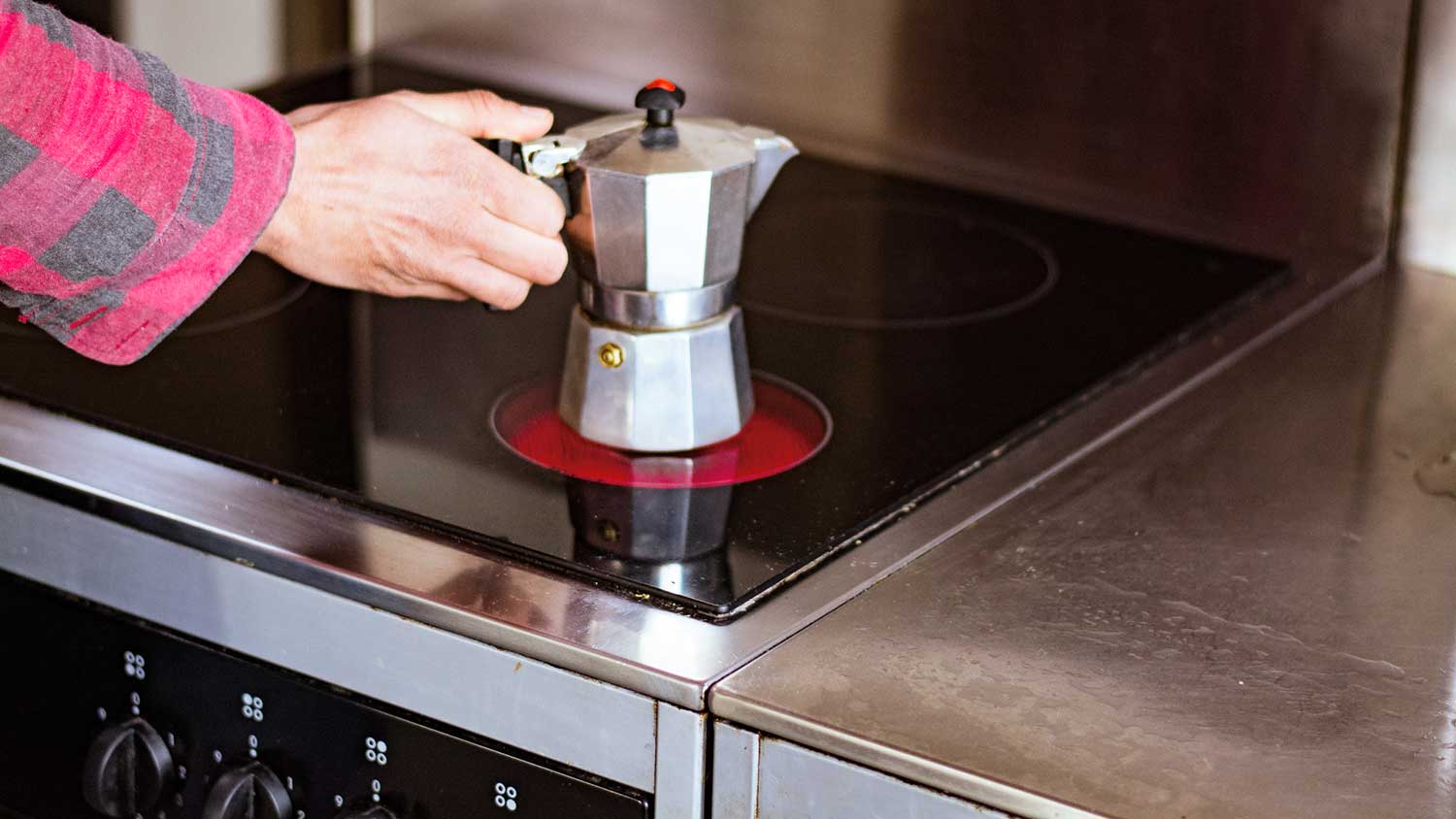
According to Statista, electric kitchen ranges are the most commonly found in kitchens across the United States. These ranges use electricity to power the stovetop and oven to cook with. The cooktop and oven feature heating elements that heat up when electricity passes through them.
Electric ovens produce a more dry heat which can provide a more consistent temperature and be great for baking. Newer ranges usually feature a ceramic or glass stovetop, making it a cinch to clean.
5. Induction Kitchen Ranges
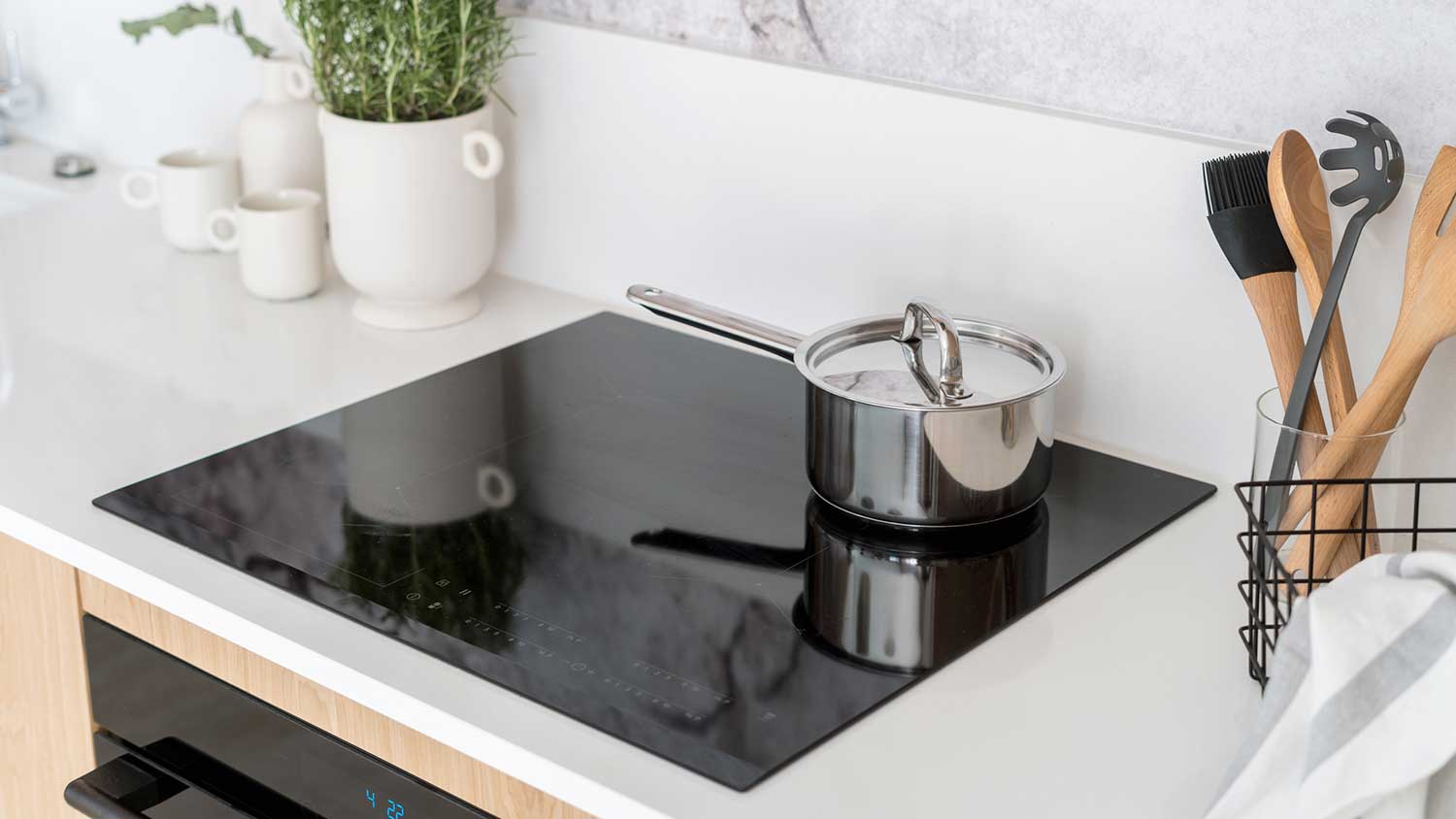
Although induction ranges are electric, they are the most energy-efficient type available. They use electromagnetic coils to transfer the heat directly into the metal pots. However, you need certain types of cookware for these ranges.
Your pots and pans need to be magnetic to allow temperatures to rise more rapidly and cool faster than traditional electric ranges. Although induction ranges are gaining popularity, you can spend up to $3,000 for a new unit.
6. Gas Kitchen Ranges
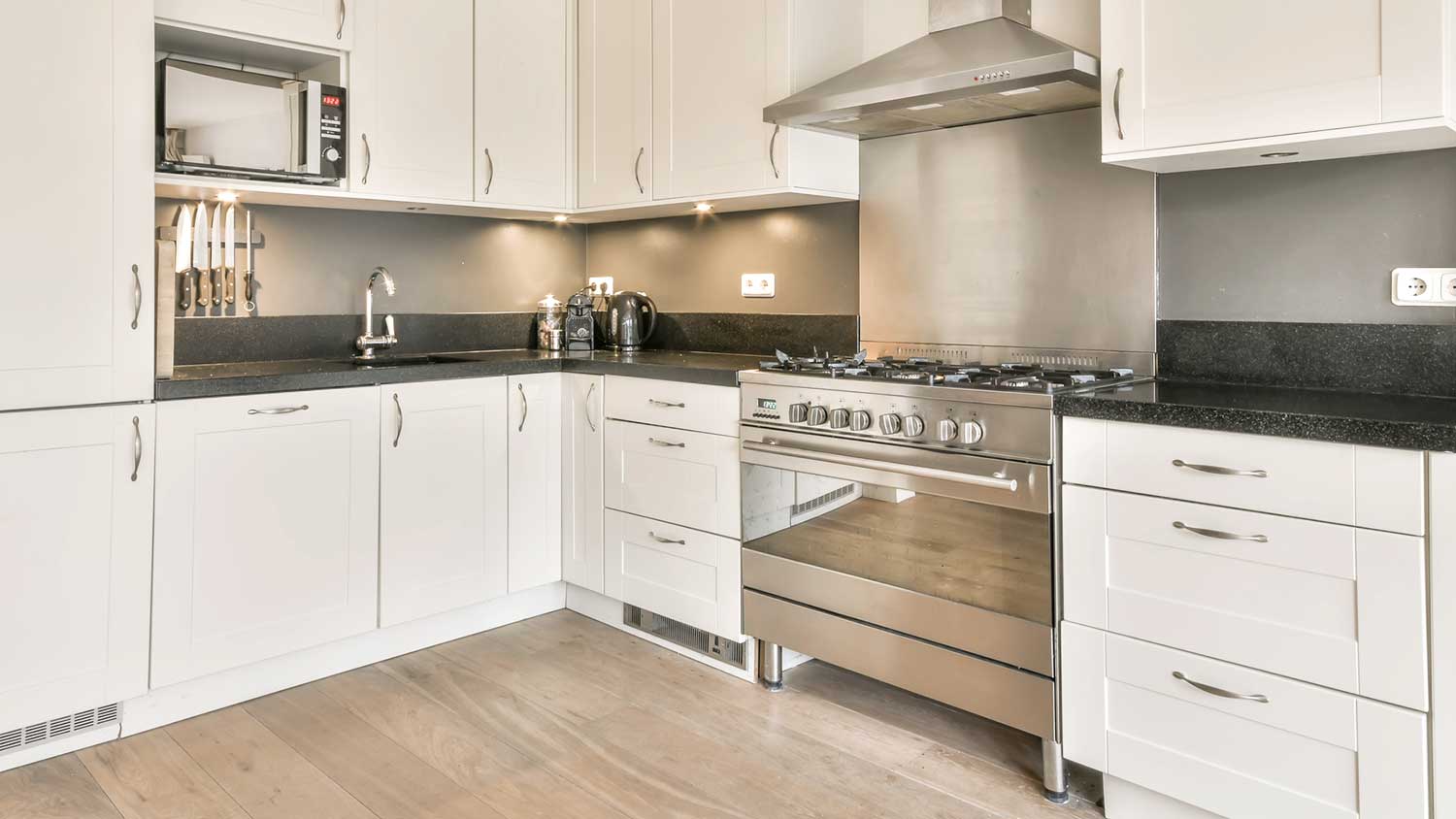
Gas ranges are fueled by natural gas or propane. Newer models ignite the supply of natural gas or propane with an ignition button that activates the spark generator. Although they use gas for the cooktop and oven, they require electricity to ignite the gas and power the electronics for the display and lights.
Chefs tend to prefer these ranges because gas offers better temperature control than electric ranges. They heat up faster, which allows for quicker cooking time. Plus, you can use a variety of cookware, such as cast iron over the open flames.
7. Dual-Fuel Kitchen Ranges
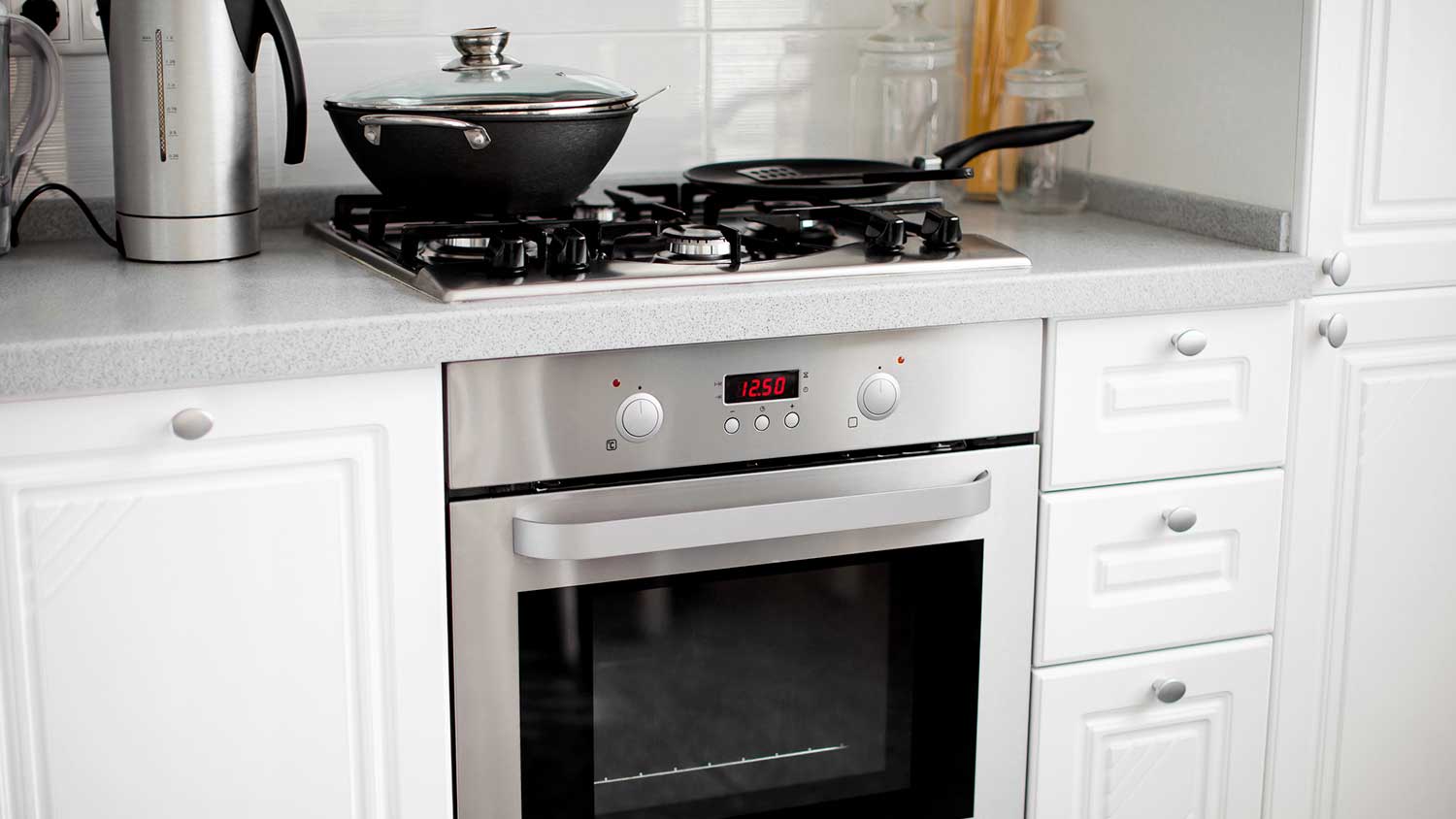
If you are searching for the best of both worlds, consider a dual-fuel range for your kitchen. This range features a gas cooktop for an optimum cooking experience and an electric oven that evenly distributes dry heat for those who love to bake.
However, the electric oven does take longer to preheat than gas. Also, if your kitchen does not have a gas line, you will need to hire a professional to install one. The average gas line installation cost is around $600 or $20 per linear foot. So, make sure to get estimates from multiple pros and check your budget before you purchase one.
4 Factors to Consider Before Purchasing a Kitchen Range
Now that you know more about kitchen ranges, you may be eager to start shopping for one. Here are some things to consider to help you decide which type and style is best for your home:
Your budget: Determine how much you can afford before shopping so you choose a range without overspending. Also, consider additional costs like installing a gas line if your kitchen doesn't have one.
The size and layout of your kitchen: Make sure to measure the space where your kitchen range will be to ensure you purchase the correct size. Consult your kitchen remodeling pro to ensure the range fits within your kitchen layout.
Fuel type: One of the most important things to consider is what fuel type of range you want to buy. Weigh the pros and cons of each fuel type, and think about your cooking methods to help you decide.
Style of kitchen range: Determine what style of range best suits your needs. Freestanding ranges are versatile and can be put anywhere, but you may opt for a slide-in or drop-in range for a more modern look.


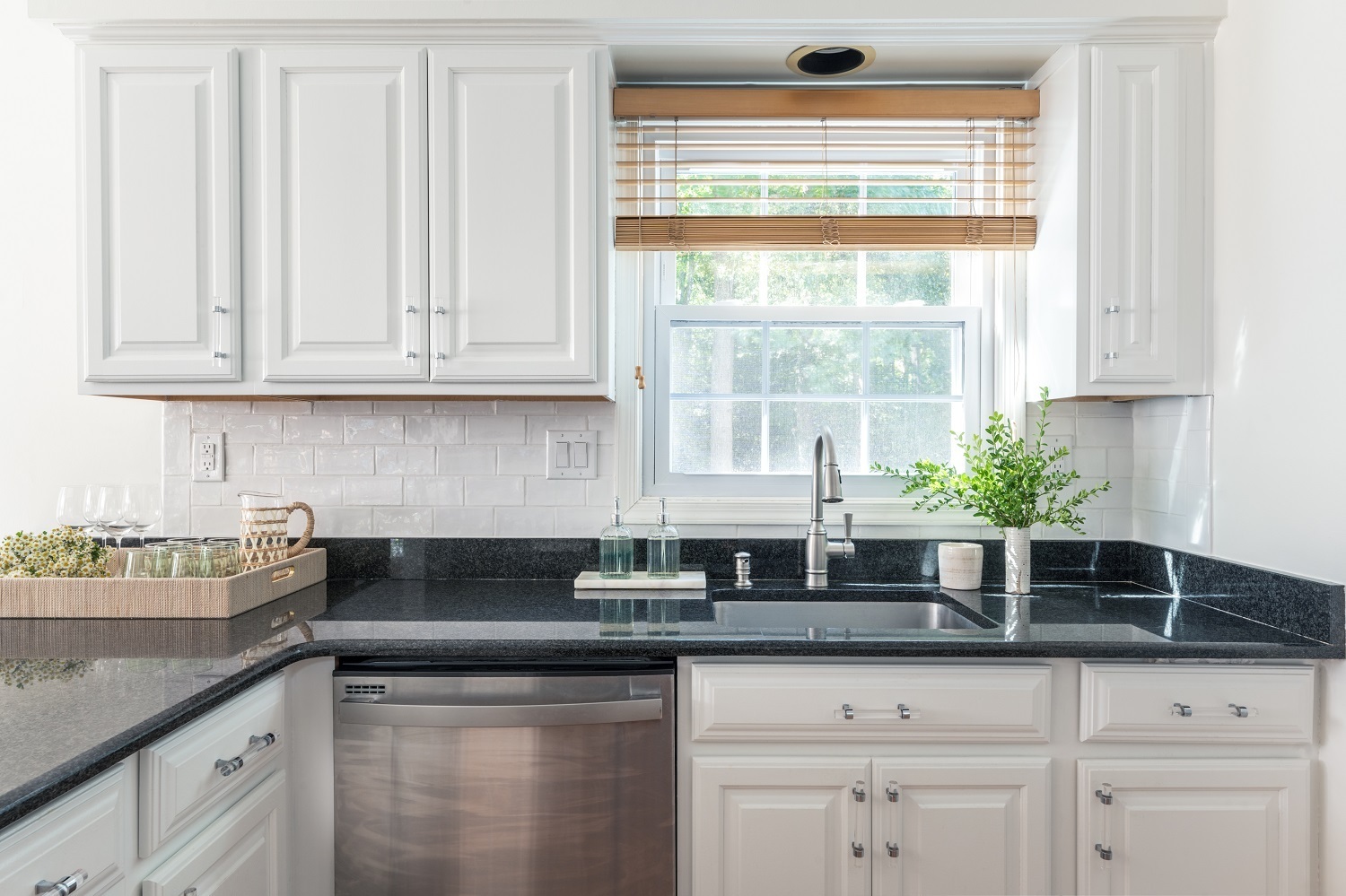


- Bathroom Remodeling
- Kitchen Remodeling
- Shower Installation
- Stair Installers
- Bathtub Installation
- Shower Door Installers
- Kitchen Design
- Bathroom Design Companies
- Storm Shelter Builders
- Pre-Made Cabinets
- Kitchen Refacing
- Bathtub Replacement
- Ceiling Tile Installation
- Suspended Ceiling Companies
- Residential Designers
- Stair Builders
- Remodel Designers
- Shower Enclosures
- Home Renovations
- Kitchen Renovations
- Garage Remodeling
- Grab Bar Installation
- Walk-In Tub Installers
- Tub to Shower Conversion
- Balcony Contractors










